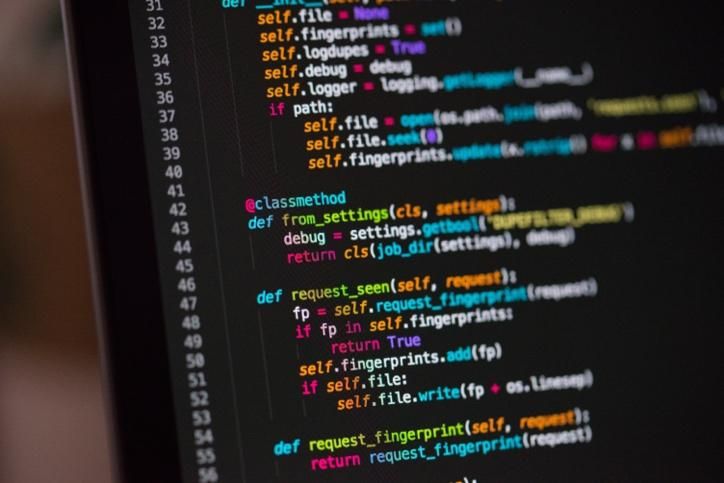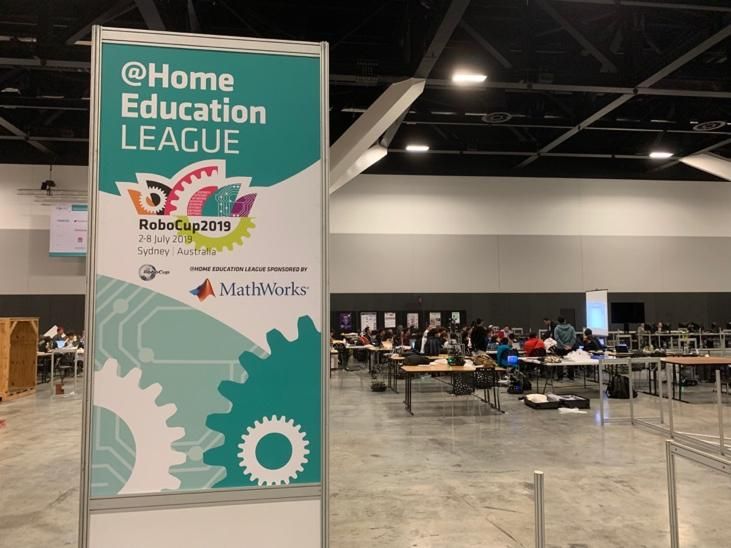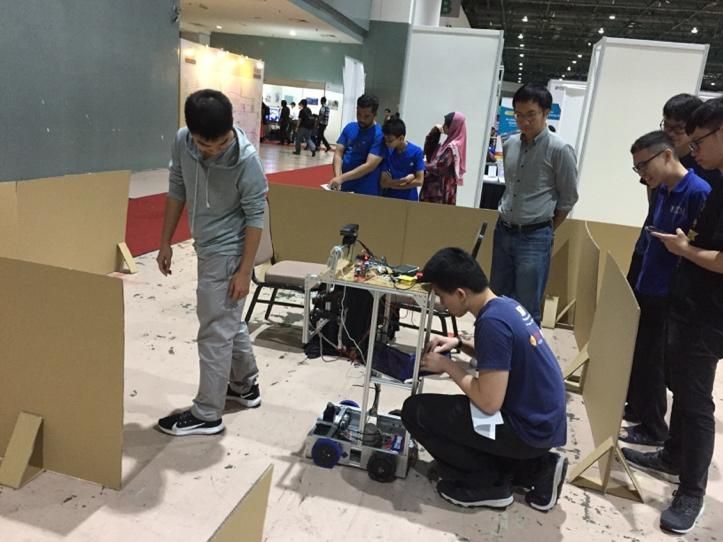The rise of AI and robots ' how do we start learning?
)
Robot pickers in a warehouse in the United States, UV disinfecting robots in Singapore malls – the unprecedented Covid-19 crisis has seen the increasing dominance of artificial intelligence (AI) and robots.
As we advocate social distancing nowadays, many rely on smart robots to carry out repetitive tasks that help in reducing physical interactions. It is foreseeable that this trend of digitalization is likely to stay beyond the pandemic, if we consider the enhanced efficiency and potential cost saving involved. Combining AI and robotics seems to be the way moving forward so, as educator, how do we actually prepare our students to be ready for AI robotics? Is our current education system adequate in nurturing the next AI & robot savvy generation?

Let us start with robots. The mere mention of the word “robot” may conjure up images of school children cheering for their competitive robots during ubiquitous robotic competitions held each year. Typically, participants are given diverse robotic task, from line following on a game field to remote controlling to wrestle opponents. It is undeniable that students do learn valuable fundamental knowledge of sensor technology, automation and many more along the way and it is definitely a good basic technical training. However, as many of the competitions have not changed much in nature in the past decade, while the robotic world has certainly evolved tremendously with the arrival of AI, the critical question we need to ask ourselves is: Would this robotic experience in school be sufficient to prepare students to build and design the AI robots of tomorrow?

What about AI? Compared to robotic education, learning AI as a subject in school is a relatively new attempt, as we usually associate AI with deep technology research happening in sophisticated university laboratories. Coding is without doubt the first step to mastering AI. Indeed, coding is a very valuable tool that every child should learn. It trains one to think logically and there are many amazing applications one can do with algorithms. With a basic coding training, one may register for a myriad of AI and data science courses available in the market. While some may find the theoretical machine learning experience very useful, especially for modelling within an academic or research environment, applying the AI theories in a practical way in daily life with a robot is not a given without the necessary engineering capabilities.
So, how do we learn AI and robotics together?


Introducing RoboCup@Home Education, a public initiative to encourage the learning of AI through robotics.
Human-robot interaction is learned via the service robot technology which deals with robots that interact with humans, example being the aforementioned UV disinfecting robots. RoboCup is a worldwide robotic competition that promotes robotics and AI research, and RoboCup@Home Education aims to make AI learning more accessible for everyone, not just university researchers and professionals. From autonomous navigation to computer vision, learning AI through service robot is problem-solving oriented and students have the opportunity to combine different modules to develop usable AI solutions. Getting started is straightforward with guidance using open-sourced resources. Prior coding experience is the sole prerequisite and anyone can adapt the learning material to the curriculum suitable for own school requirements.
RoboCup@Home Education strives to create an ecosystem of AI robotics learning and there are regular events that can be participated or even co-organised worldwide. We have been a proud hardware partner of the initiative and would recommend educators to leverage the many useful AI robotics learning material available on the website.


)
)
)
)
)
)
)
)
)